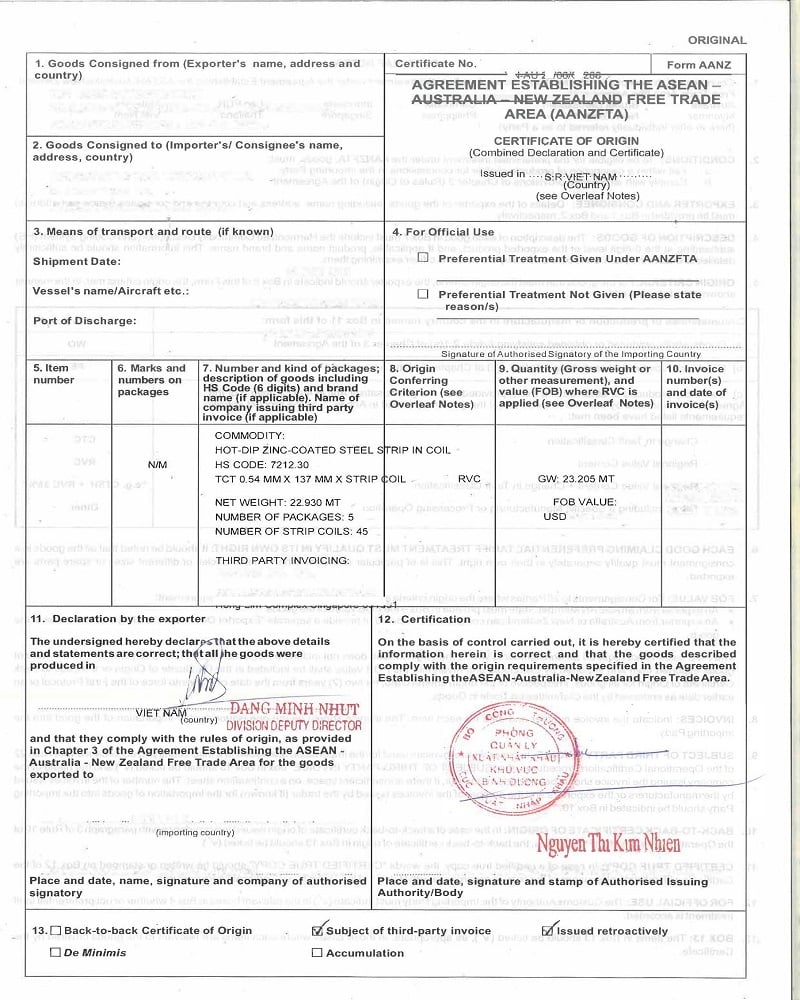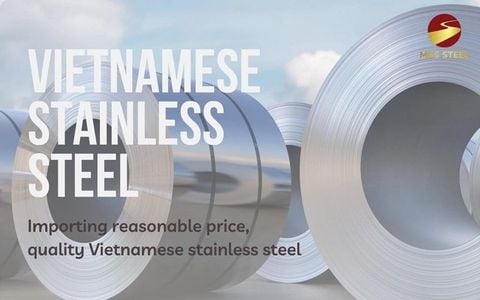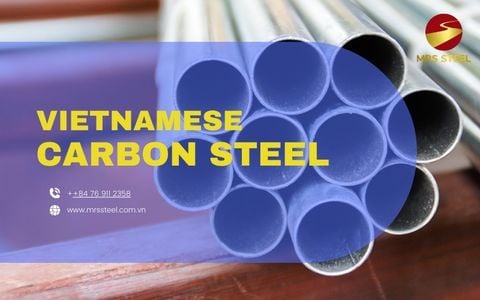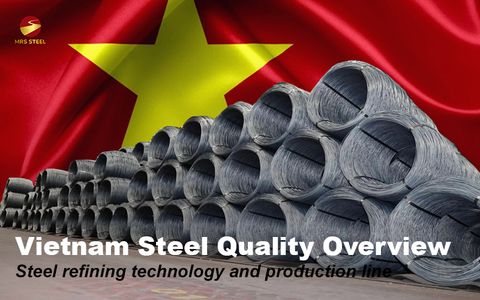How Does Certificate of Origin (C/O) Affect Import Duties?

BlogDate: 14-09-2023 by: Nhu Quynh
C/O (Certificate of Origin) is a common and indispensable document for goods import and export activities. However, not everyone understands C/O and its preferences for import duties. All content about C/O will be answered in the article below.
What is C/O?
C/O (Certificate of Origin), also known as a certificate of origin A document that expresses in which country the goods are made. C/O contains information related to the product and the country it exports. Typically, it will be issued by the competent authority of the exporting country for that country's export goods. C/O must also comply with all regulations of the exporting and importing countries regarding rules of origin.
The primary purpose of the C/O is to prove that the goods have a clear origin and are legal in terms of the tariff regulations of both exporting and importing countries. The C/O is also vital to determine whether the goods are eligible for import or are subject to duty.

Types of Certificates of Origin
There is no specific rule on the form of the certificate of origin, but the C/O usually has detailed information about the product, such as the tariff code, the importer, the exporter, and the country of origin. There are basically two types of certificates of origin: preferential C/O and non-preferential C/O.
Preferential C/O: Is the C/O granted for goods that are reduced or exempt from duty in countries with this privileged preferential policy? Examples include: Generalized Tariff Preferences (GSP), Commonwealth Certificate of Preferences (CPC), General Effective Tariff Preferences (CEPT),... This C/O indicates the presence of a trade agreement between two exporting and importing countries.
Non-preferential C/O: Ordinary C/O is a form of C/O proving the origin of goods without the value of enjoying preferential duty rates under trade agreements between countries.
How C/O has an impact on import duties
Trade preferences: The preferential trade system is a geographical preference between developing countries and countries sharing trade agreements. Accordingly, only goods that fully meet valid C/O factors are entitled to trade preferences when imported into these countries. The preferential duty rate will be from a few percent to several tens of percent, depending on the item.

Trade sanctions: Typically, trade sanctions are applied when unfair behavior is felt in trade. Sanctions such as anti-dumping duties may be imposed. At that time, C/O will be a means to distinguish whether the goods are coming from the country being sanctioned to apply trade sanctions.
In addition to the two purposes of trade preferences and trade sanctions mentioned above, C/O is still considered a mandatory document in the customs clearance dossier in some countries.
Above is the information you need to know about C/O and its effects on import duties. Understanding C/O and knowing how to use it correctly will help importers and exporters a lot in meeting current regulations and protecting their rights to duty incentives. Hopefully, the above information will help everyone understand what C/O is and make correct decisions.























































